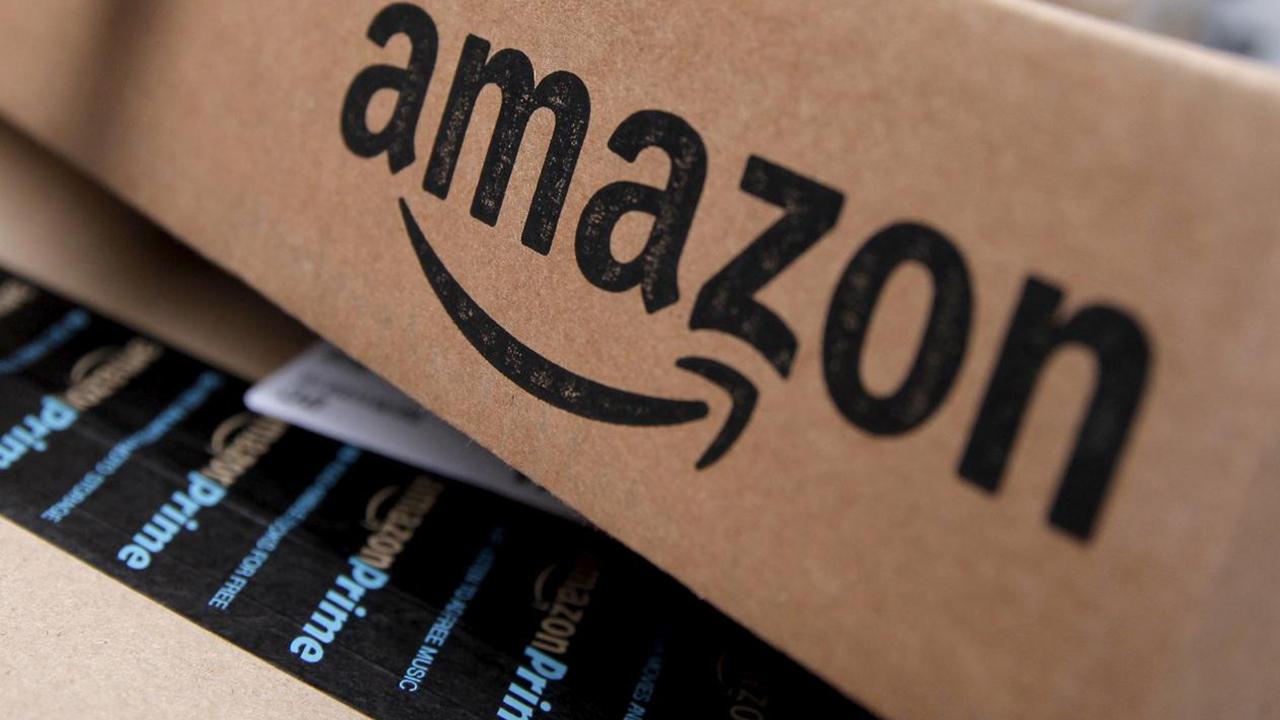Amazon a winner as Supreme Court sides with Post Office on package delivery prices
The Supreme Court on Monday rejected an appeal from UPS that would have required the Post Office to raise the prices it charges for package delivery creating a potential windfall for its partner Amazon.
In United Parcel Service v. Postal Regulatory Commission, justices did not side with the argument that the Postal Service – which competes with UPS in delivery – has a pricing model that gives it an advantage.
| Ticker | Security | Last | Change | Change % |
|---|---|---|---|---|
| UPS | UNITED PARCEL SERVICE INC. | 117.34 | +0.79 | +0.68% |
| AMZN | AMAZON.COM INC. | 210.32 | -12.37 | -5.55% |
While Congress had previously regulated postal rates, the Postal Regulatory Commission took over that authority in 1970. The agency is required, among other things, to establish price floors for products where it faces significant market competition – that is to prevent the Post Office from using revenues from its market-dominant products (letters) – over which it has a monopoly – to subsidize its competitive products, like packages.
An appeals court had previously determined that the parcel pricing method used by the agency was valid. UPS then unsuccessfully asked the Supreme Court to review that decision, and to clarify or overturn a policy whereby “courts generally defer to an administrative agency’s reasonable interpretation of an ambiguous statute that it administers.”
UPS said it was "disappointed" and that it would "continue to work with the Postal Regulatory Commission to advocate for transparent cost accounting at the USPS."
A spokesperson for the Postal Regulatory Commission said the body welcomed the decision, "which affirms the improvements the commission has made to its established costing methodology."
The Post Office has come under fire for its deal with Amazon, where it charges the company prices below its own costs. The arrangement has drawn criticism from President Trump, who said the policy is making “Amazon richer” and itself “dumber and poorer.” He also said only “fools” would say that “our money-losing Post Office makes money with Amazon.”
"The problems that UPS complained about will probably get worse because USPS is becoming more of a package company and less of a mail company," Chris Edwards, director of tax policy studies at the Cato Institute and editor of www.DownsizingGovernment.org, told FOX Business.
An analysis by Citigroup found that the USPS does, in fact, charge less than it should to ship packages, which “could make Amazon susceptible to significant USPS price increases.” But a change in prices could ultimately hurt the Post Office, considering that Amazon could take its business elsewhere. Its sheer volume of shipments makes it an attractive customer and gives it massive bargaining power.
Amazon did not return FOX Business’ request for comment on the ruling.
However, a price hike could still be in store. Trump requested a review of the Post Office’s policies, as the agency continues to bleed red ink. One recommendation was developing a new pricing model, which eliminates across-the-board price caps and suggests charging “market-based prices” for both mail and package items that are not considered essential postal services. That could result in higher delivery costs.
“Although the USPS does have pricing flexibility within its package delivery segment, packages have not been priced with profitability in mind,” the report read.
Additionally, Edwards noted that while a number of big companies come under scrutiny for not paying taxes, USPS is a "huge company that pays no federal or state taxes."
CLICK HERE TO GET THE FOX BUSINESS APP
In the meantime, there is speculation Amazon could eventually have a bigger role in delivering its own packages. The e-commerce giant's CEO Jeff Bezos recently broke ground at a $1.5 billion air hub in Kentucky. Amazon has a 50-year lease for about 900 acres at Cincinnati/Northern Kentucky International Airport– where it will handle its own shipping in order to cut costs and get packages to customers quicker.
The hub can support a fleet of more than 100 Prime Air cargo planes.




















